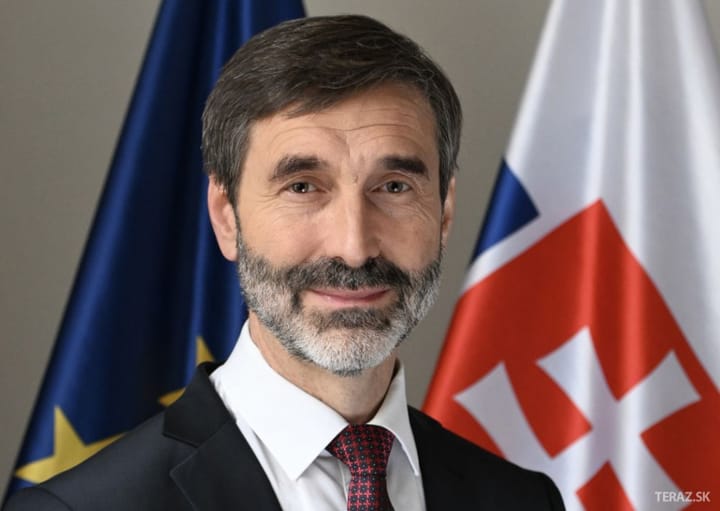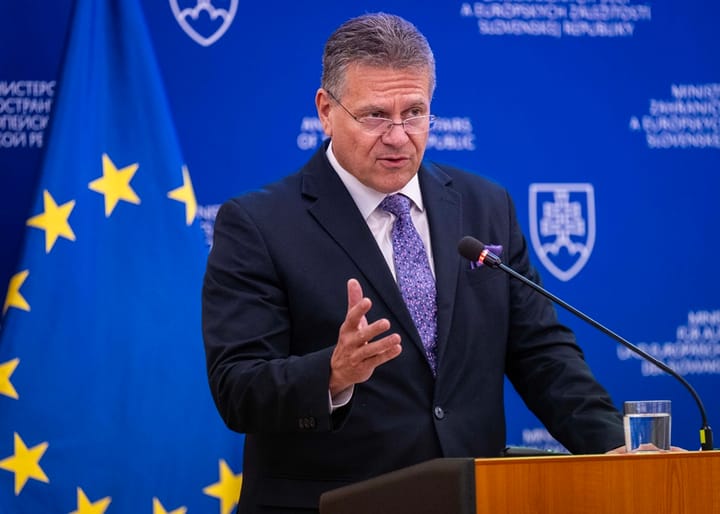CoFoE: Future Lies in Green Investments, Says Head of EIB Office in Slovakia

Bratislava, December 1 (TASR) – We need to pick up the pace when it comes to tackling climate change, seeking to create a circular economy in which what we produce is used directly, while at the same time we clearly need to accelerate our activities aimed at achieving climate neutrality in Europe, Gerd Weller, head of the European Investment Bank’s (EIB) Office in Slovakia, stated in an online panel discussion held within the Conference on the Future of Europe (CoFoE).
The panel discussion was organised by Representation of the European Commission (EC) in Slovakia in cooperation with the European Parliament (EP) Office in Slovakia and the EIB Office in Slovakia.
“First and foremost, we need to reduce emissions, and as we want to limit increases in global temperatures, we [need to] recognise that climate change is happening and recognise the need to change the way we live,” said Weller in the initial phase of the panel.
In June 2019, the European Council called on the EIB to step up its activities in support of climate action. The EIB has responded with a new strategy and a new lending policy.
“Since 2019, we’ve been referring to ourselves as the EU Climate Bank. This changes the way we do things. Up to 39 percent of the funds that we’ve handled have been climate-related. In the next period, up to 50 percent of the investments must be spent on fighting climate change,” said Weller.
The head of the EIB’s Office in Slovakia explained that the institution focuses on five main areas. These are energy generation, transport, public buildings, housing and digitisation. “There is a lot of talk about the automotive industry. Electric cars are fine, but if electricity is generated from fossil fuels, it is counterproductive to use them. Our goal is to make our energy cleaner by using solar, wind or hydro power. Of course, when it comes to transport, we want to avoid too many cars in cities. We need to invest in both railways and greener buses,” he said.
The European Investment Bank is the EU’s financial institution. Its climate plan is part of efforts made by Brussels to make the Union a global climate leader. “We not only provide money, we can also provide technical assistance. We have economists and engineers who can help to implement projects. This technical assistance and support is something that Slovakia should take advantage of. The investment needs in Slovakia are immense. Due to its small population, Slovakia also has few experts, so you often have to seek them abroad. We can provide them,” explained Weller, adding that the EIB cannot implement projects on its own initiative.
According to him, cooperation between Slovakia and the EIB could be “very useful and beneficial”, especially in the health-care sector, as he believes that Slovak hospitals need to be revitalised.



